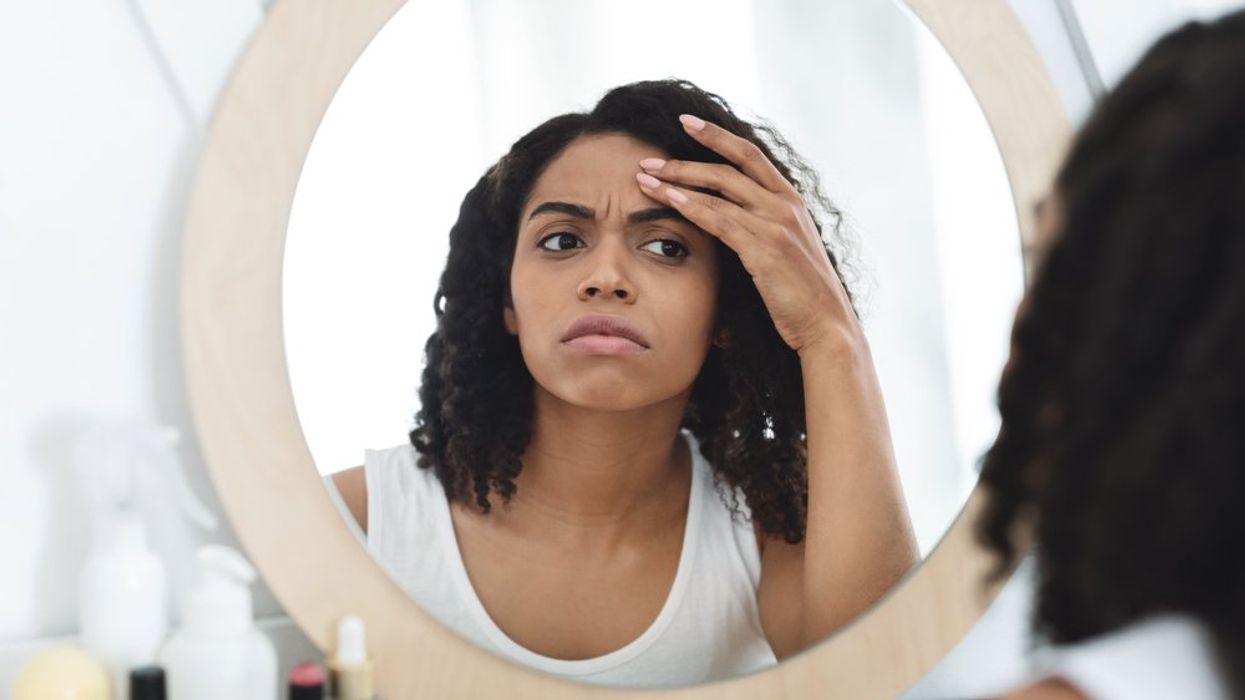Colorism, a system of inequality that favors those with lighter skin, has influenced the largely unregulated multi-billion dollar skin whitening industry across the globe.
Setting lighter skin as the standard of beauty, colorism has driven some women of color in the U.S. to use skin whitening products that pose health risks, according to a recent study published in the International journal of Women's Dermatology.
Along with her colleagues, Dr. Roopal Kundu, director of the Northwestern Medicine Center for Ethnic Skin and Hair, surveyed hundreds of participants who were identified as having "skin of color" on their use of skin whitening products.
For most participants, skin whitening was used for treating dermatological diseases. But among the participants who used skin lightening products, 75 percent did so without consulting a medical professional, and many were unaware of the health risks. In the past, the FDA has issued several warnings about unauthorized skin lightening products, which can cause skin rashes, swelling, and permanent discoloration.
The study also found a strong connection between perceived colorism and the use of such products. Survey respondents who used lightening products tended to believe lighter skin is more beautiful, and that it improves romantic and social prospects.
Their responses point to a larger conversation on colorism, which exists across the globe. In India's caste-dominated society, for example, a history of colonialism has fueled discriminatory practices based on skin color. Skin whitening trends are also prevalent in Korea and Saudi Arabia, where fair skin is highly valued. And according to Catalyst, darker a woman's skin is, the more she will experience racism in the workplace.
Black women, who represented the largest share of the study, are especially vulnerable to colorism. One study found that Black people with darker skin are more likely to receive harsher prison sentences than Black people with lighter skin, and another study observed that dark-skinned Black girls were found to be 3 times more likely to be suspended from school than Black girls with lighter skin.
“It gets back to lighter skin being more aesthetic or considered something of value among certain communities," said Kundu, via NBC News. "This is centuries in the making, generations in the making."

















































